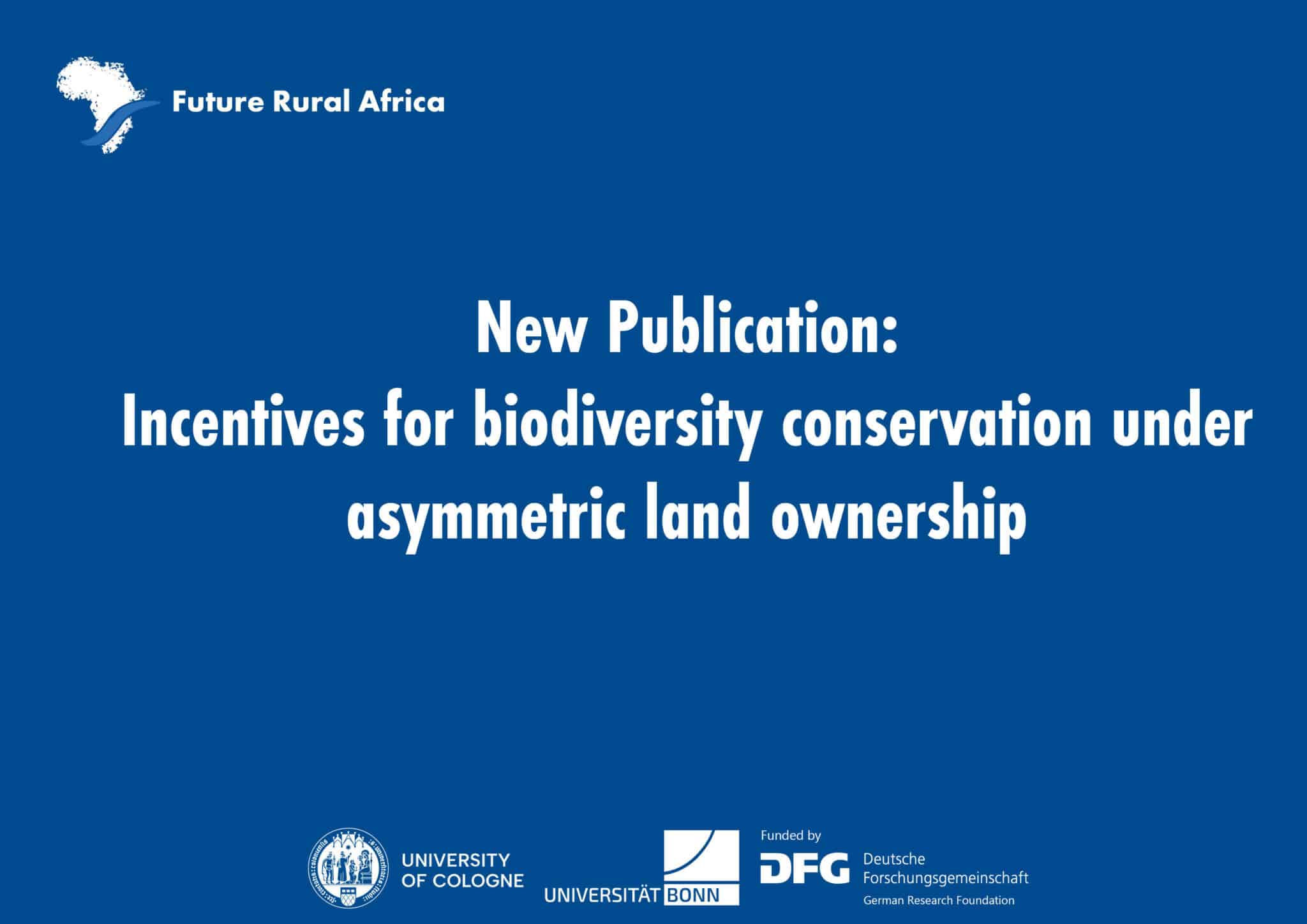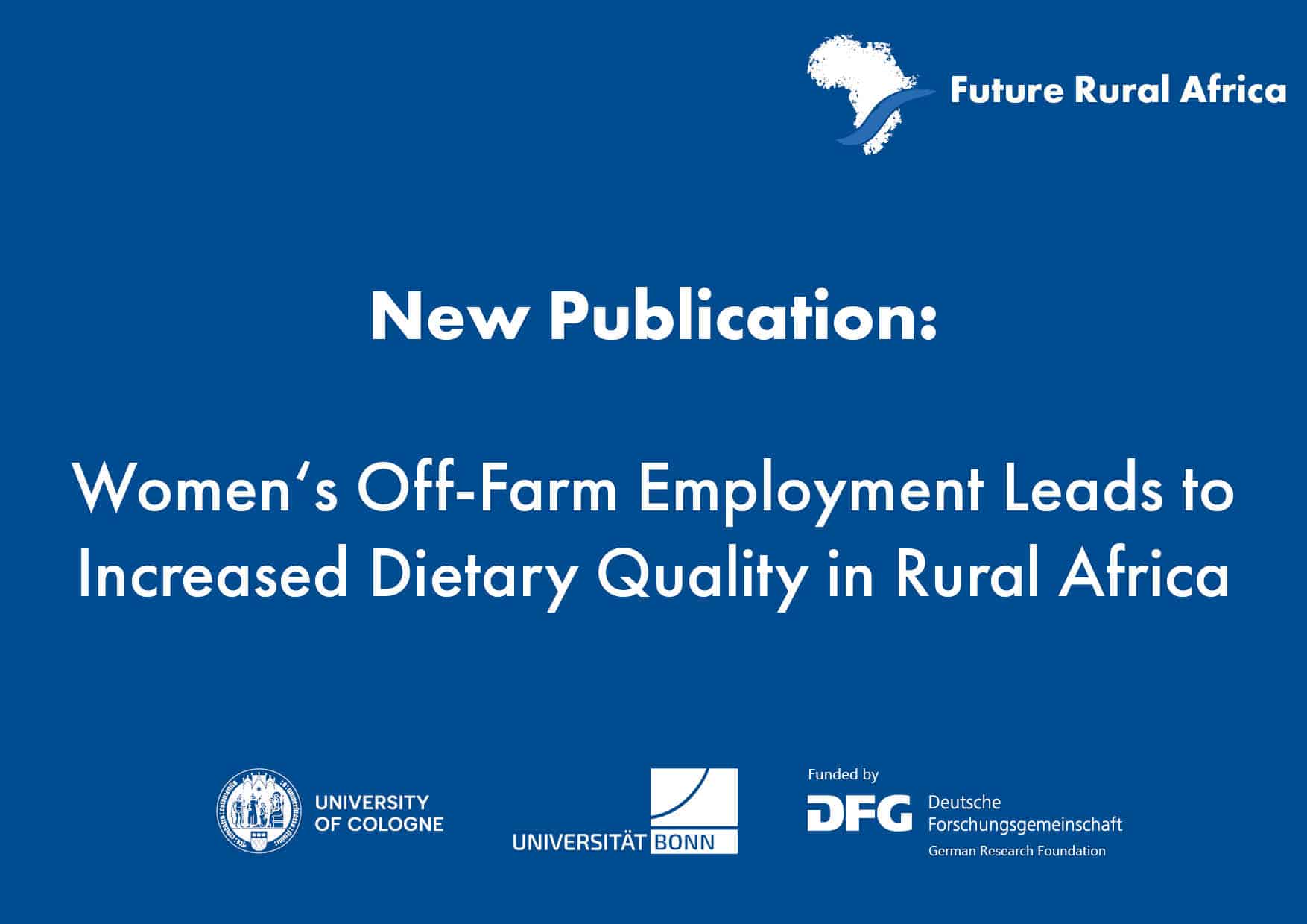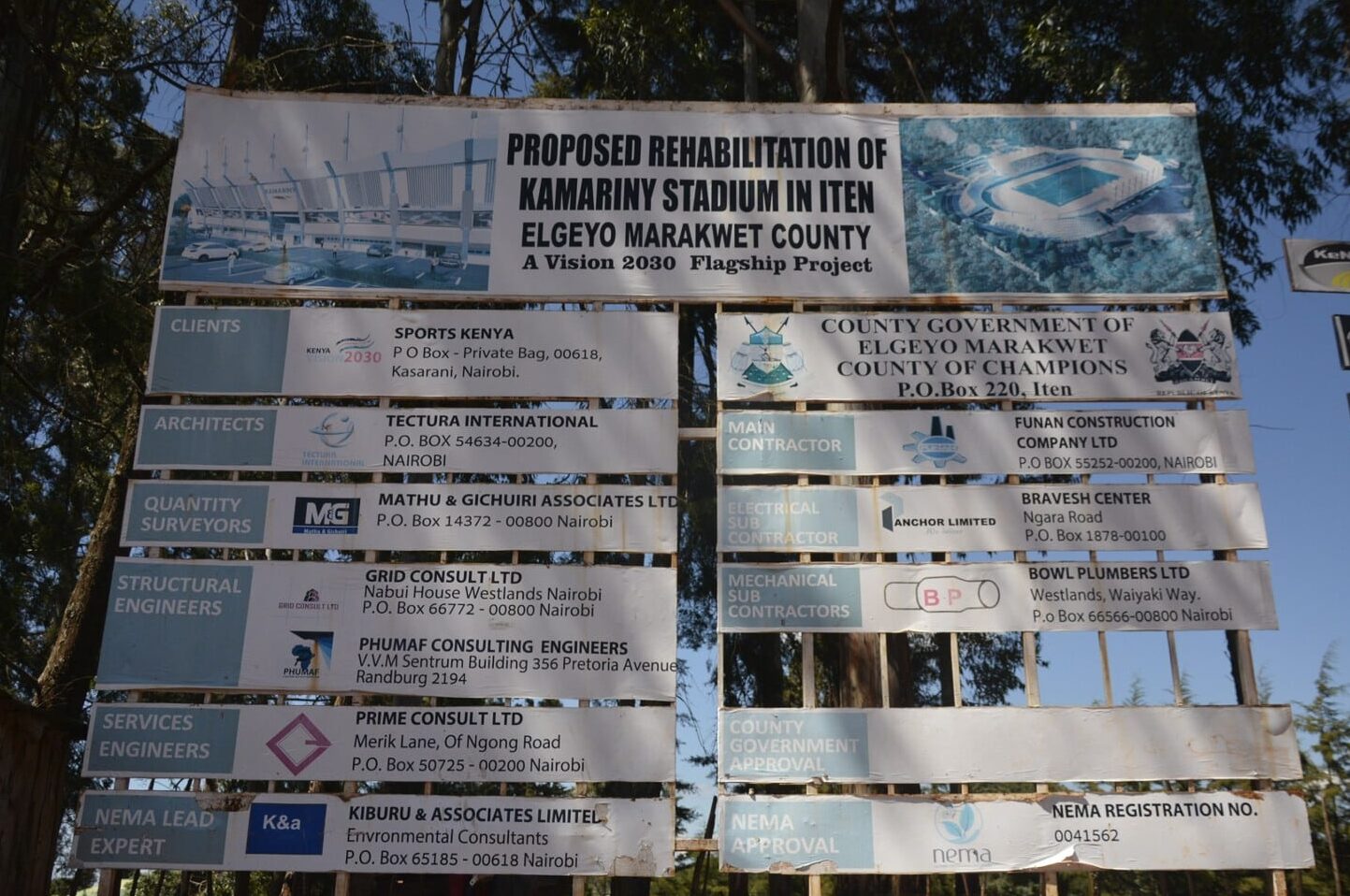By Lisa Biber-Freudenberger and Jan Börner (CRC-TRR Project A05 Future Roads) in collaboration with Qambemeda M.Nyanghura (University of Bonn).
Abstract
The effectiveness of biodiversity conservation initiatives depends on their ability to maintain and restore the integrity and connectivity of ecological systems. Payments for environmental services (PES) can encourage farmers to set aside land for conservation, but landscape connectivity requires coordination among land users. Fairness in the distribution of payoffs has been shown to affect conservation efforts in response to PES, but the sources of inequality in payment allocation mechanisms can be manifold. Here we focus on the performance of conservation incentives under alternative payment modalities and levels of inequality in land ownership. We applied lab-in-the-field experiment with 384 Tanzanian farmers from two ecological corridors. Groups of participants were endowed with either equal or unequal amounts of hypothetical farmland and subsequently exposed to two treatments, namely a fixed individual payment and a fixed payment with an agglomeration bonus. Both payment modalities had positive effects on conservation, but we find no strong evidence for impact of asymmetries in landownership on conservation decisions. Overall, our results suggest that conditional payments can be effective even when land with high conservation value is unequally distributed in ecological corridors.
Reference
Nyanghura, Q., Biber-Freudenberger, L., Börner, J. 2024. Incentives for biodiversity conservation under asymmetric land ownership, Ecological Economics, Volume 219,
2024, DOI






